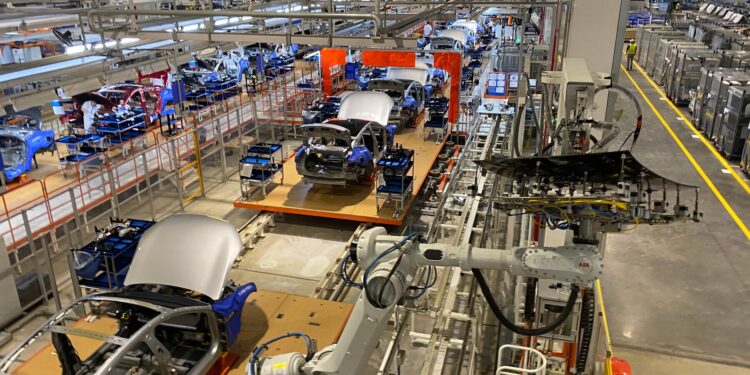With battery-powered vehicles (BV) set to become a massive market in the coming years, Chinese OEMs have started exploring how they can capitalise on this new opportunity. In an effort to become one of the key suppliers for BV, various Chinese automotive companies are building their own EV models. Here’s why your first electric car might come from China sooner than you think.
Chinese manufacturing expertise.
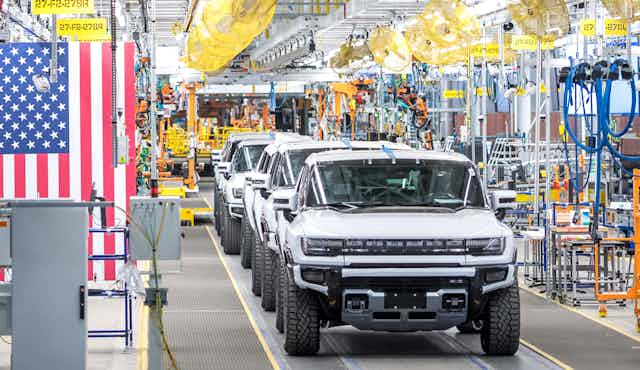
In the race to become a leading supplier of EVs, many Chinese automobile manufacturers are expanding their EV production lines. By investing heavily in their EV production capacity, these companies are increasing the number of EVs that are manufactured within China.
With a strong manufacturing base, this allows them to set lower prices for their EVs, which in turn, can attract more customers. This manufacturing expertise can also be used to produce EVs for other automakers. With this in mind, Chinese EV manufacturers are also increasing their production of EVs for the US and other international markets.
Government support for EVs
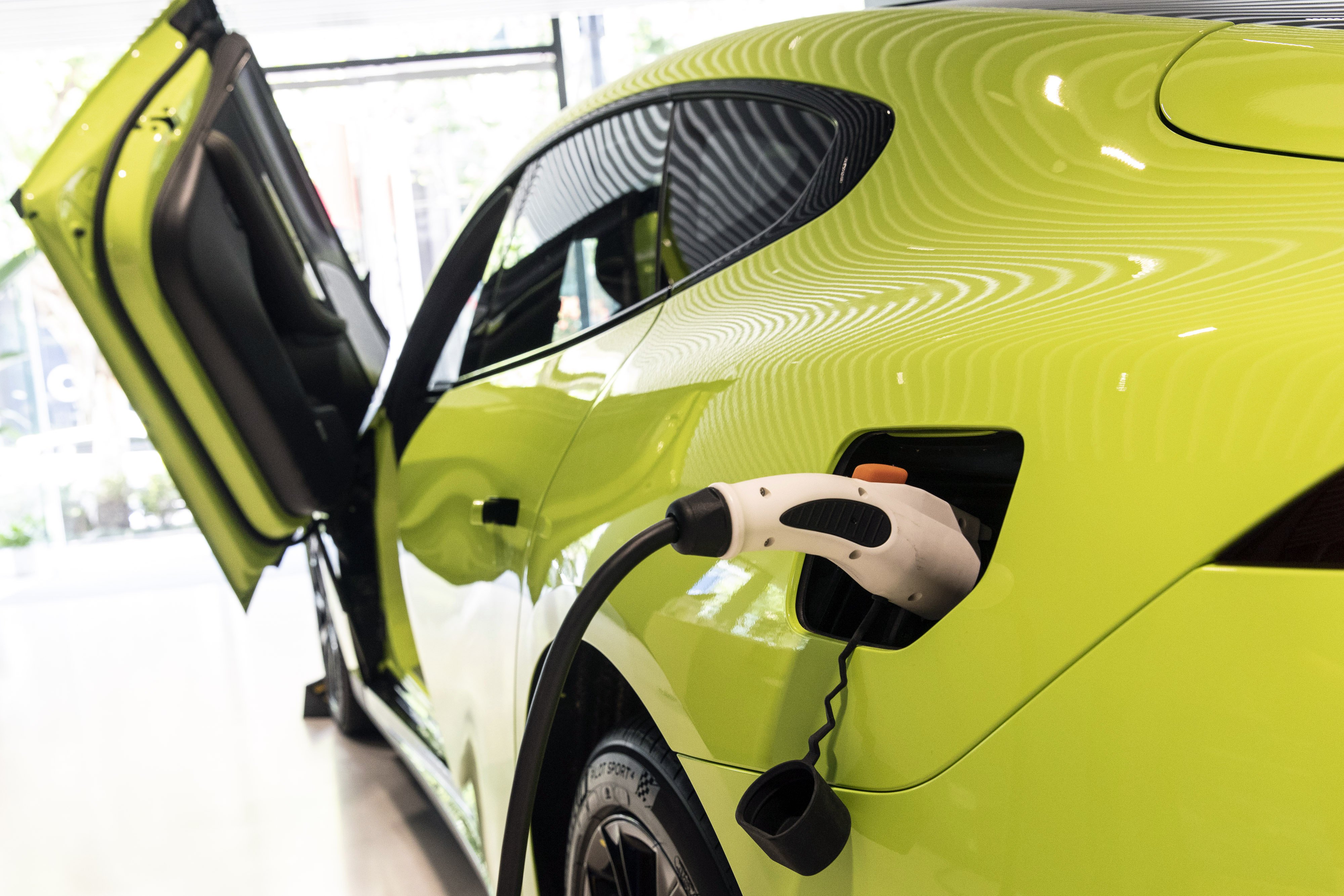
Since the early stages of the EV industry, Chinese authorities have been supporting the development of EVs. Through various policies and initiatives, Chinese authorities have encouraged the public to switch to EVs. For example, the Chinese government introduced various subsidies for EV purchases.
Moreover, it also established a comprehensive charging network to make driving an EV more convenient. Furthermore, the Chinese government has been strengthening efforts to encourage the adoption of EVs. This includes setting aggressive targets for the growth of EV markets and encouraging local EV makers to expand their business globally.
Import tariff incentives for EVs
Another way Chinese EV makers are catching the BV opportunity is by offering import tariff incentives for their EVs. These incentives allow consumers to import an EV for free and enjoy a lower tariff rate for 12 months.
Currently, the tariff rate for EVs in China is at 5%, which is significantly lower than the rate for PHEVs. With the increasing number of PHEVs in the country, the government is likely to expand the tariff rate for EVs too. At the same time, it is also considering lowering the import tariff rate for PHEVs to encourage consumers to switch to EVs.
Excess supply of electric vehicles
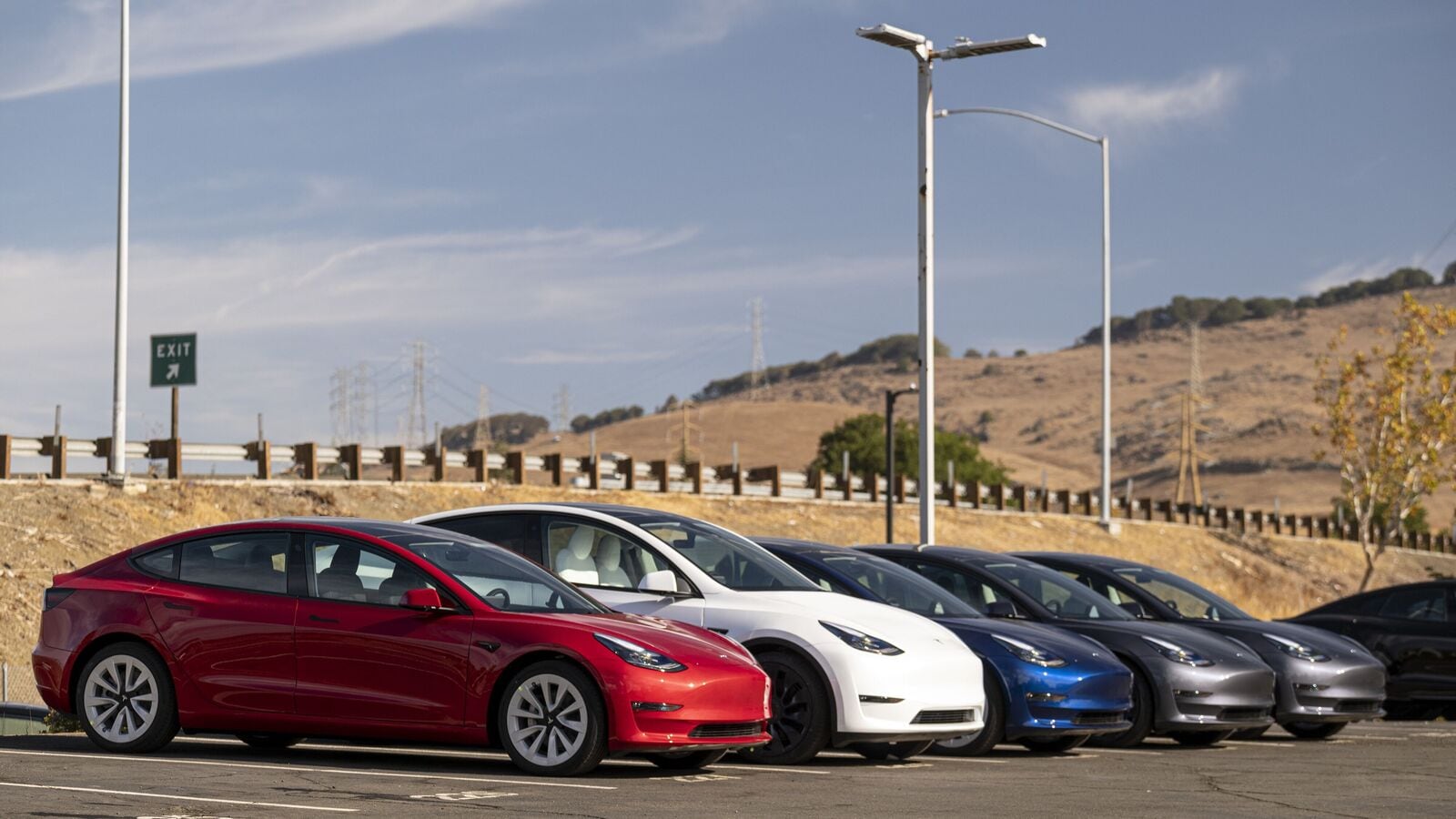
With China being the global leader in EV manufacturing, various Chinese automakers are flooding the market with EVs. With a large number of these cars on the road, it has become more challenging for consumers to choose their next EV. This situation is likely to change in the coming years.
With the tightening of emission norms, more and more automakers are expanding their EV manufacturing lines. With more EV models being manufactured within the country, the supply of EVs is also likely to increase. This excess supply of EVs is likely to attract more customers towards EVs. At the same time, it is also expected to decrease the import tariff rate for EVs, which, in turn, is expected to increase the demand for EVs.
Major investments in charging infrastructure
Another way Chinese EV makers are looking to expand their business is by making significant investments in charging infrastructure. With the rapid increase in the demand for EVs, various Chinese cities are investing heavily in EV charging infrastructure.
This includes expanding the number of public charging points. In addition to this, various cities are also expanding their EV fleet. For example, Chinese authorities have announced plans to include EVs in public transport fleets. This makes it easier for consumers to charge their EVs while on the move.
Cost of developing an EV
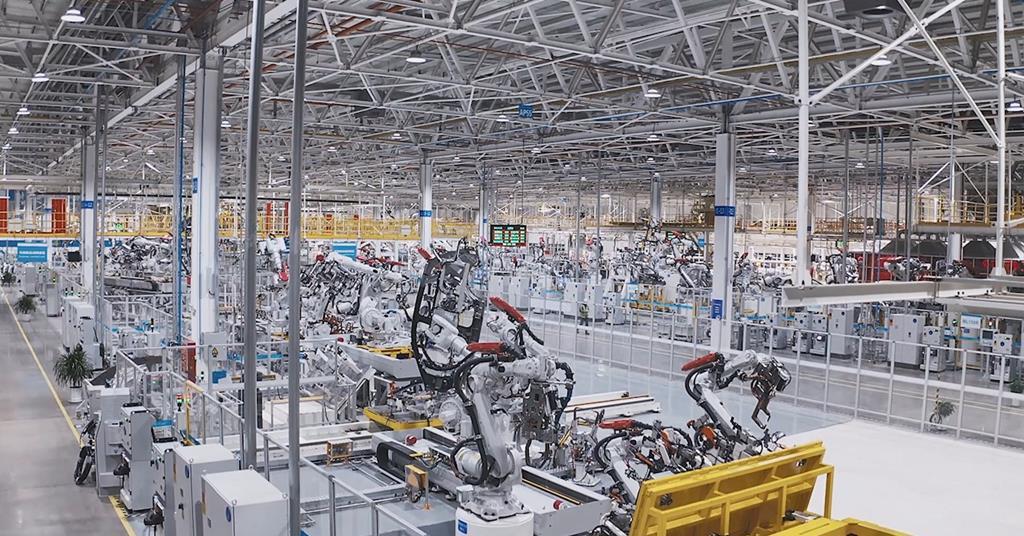
With Chinese manufacturers dominating the EV industry, it is also important to understand the factors that contribute to the cost of building an EV. Currently, the cost of developing an EV ranges between $25,000 and $100,000. However, the rising demand for EVs is likely to change this number in the coming years.
For example, more and more companies are expanding their EV manufacturing lines. This is expected to increase the production of EVs. At the same time, it is also expected to reduce the cost of building an EV. This is because the same technologies that are used to build PHEVs are also being used to build EVs. This means the cost of building an EV is likely to come down.
The Bottom Line
With the rapid growth of the EV market, many players from all over the world are vying to become the leading supplier of EVs. To succeed, players need to understand the various market opportunities that exist and make strategic investments in these markets. One such market opportunity that Chinese EV makers are leveraging is the growing demand for EVs. With the government encouraging the public to switch to EVs, the demand for EVs is quickly increasing in the country. Moreover, with the excess supply of EVs, it is also becoming more challenging for consumers to choose their next EV.


